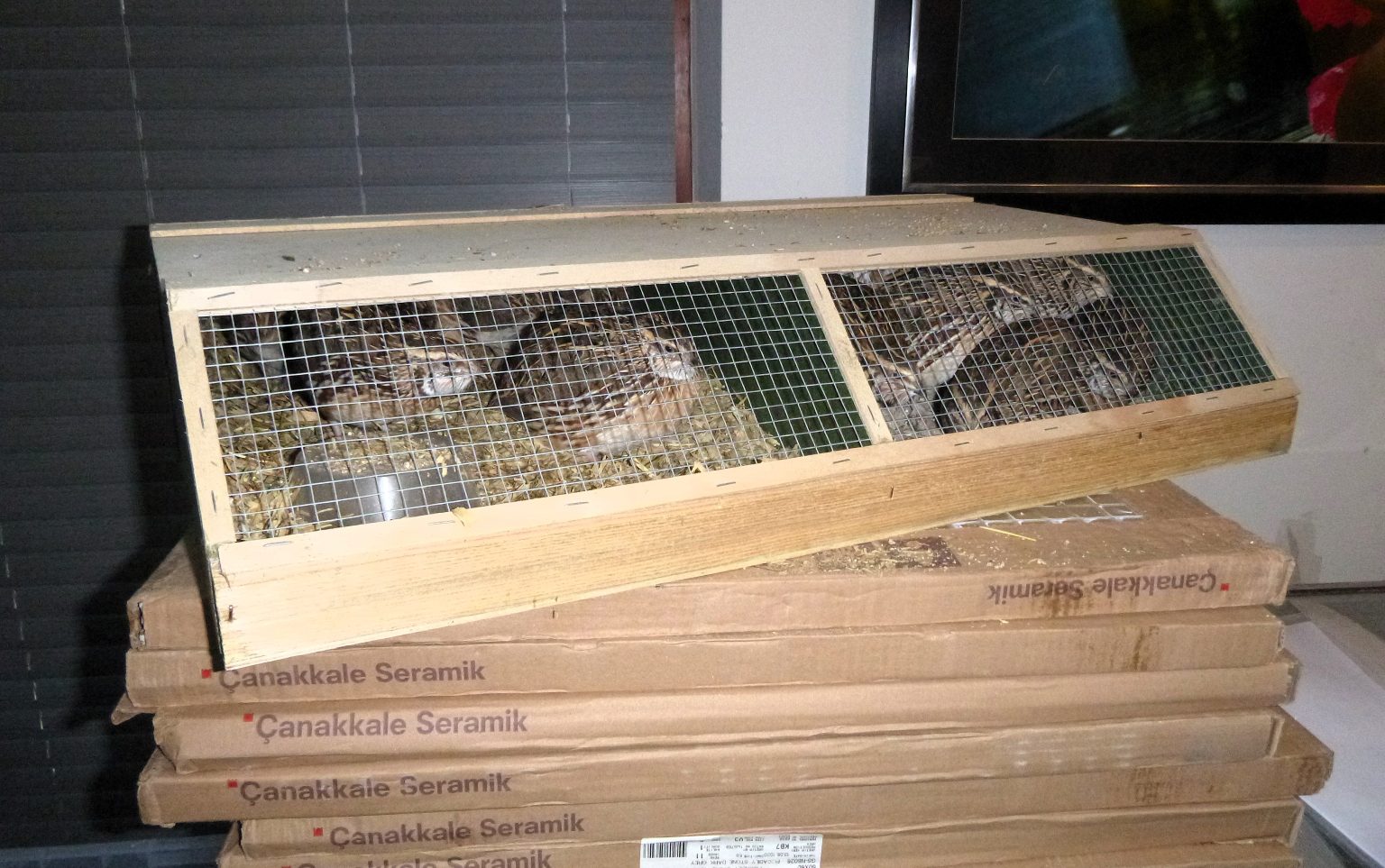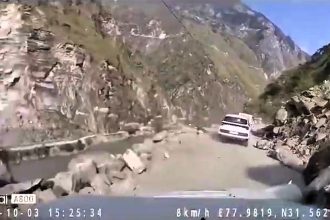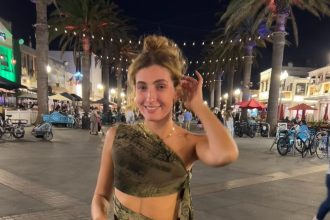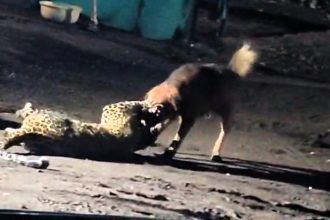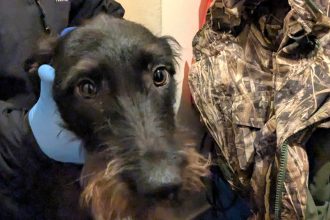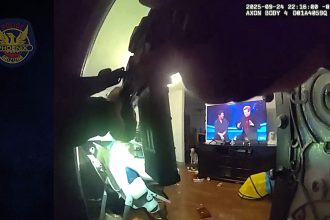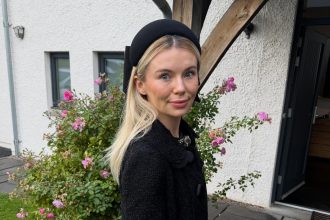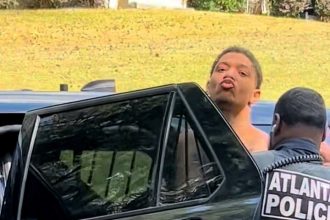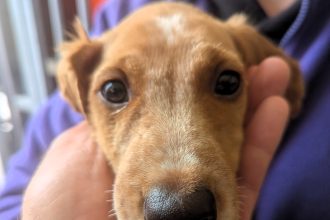A cruel man behind Britain’s biggest exotic pets neglect case involving nearly 2,000 creatures has been banned from keeping animals.
The case, known as Operation Herald, involved 1,870 live animals including geckos, tortoises, snakes, parrots and lizards.
The RSPCA called one of the largest exotic pet operations it has ever handled.
READ MORE: Poor puppy found marooned in middle of river looking for new home
The investigation followed warrants executed by West Mercia Police at four addresses in 2020.
Officers, RSPCA staff and exotic specialist vets, led by RSPCA Inspector Kate Parker, rescued 1,870 live animals and 31 dead ones, as reported by NeedToKnow.
Most were taken from Cosford Grange Farm Shop, Holyhead Road, Albrighton, Shrops, while 73 Hermann’s tortoises were found at Senorita Sparkles, Newport, Shrops.
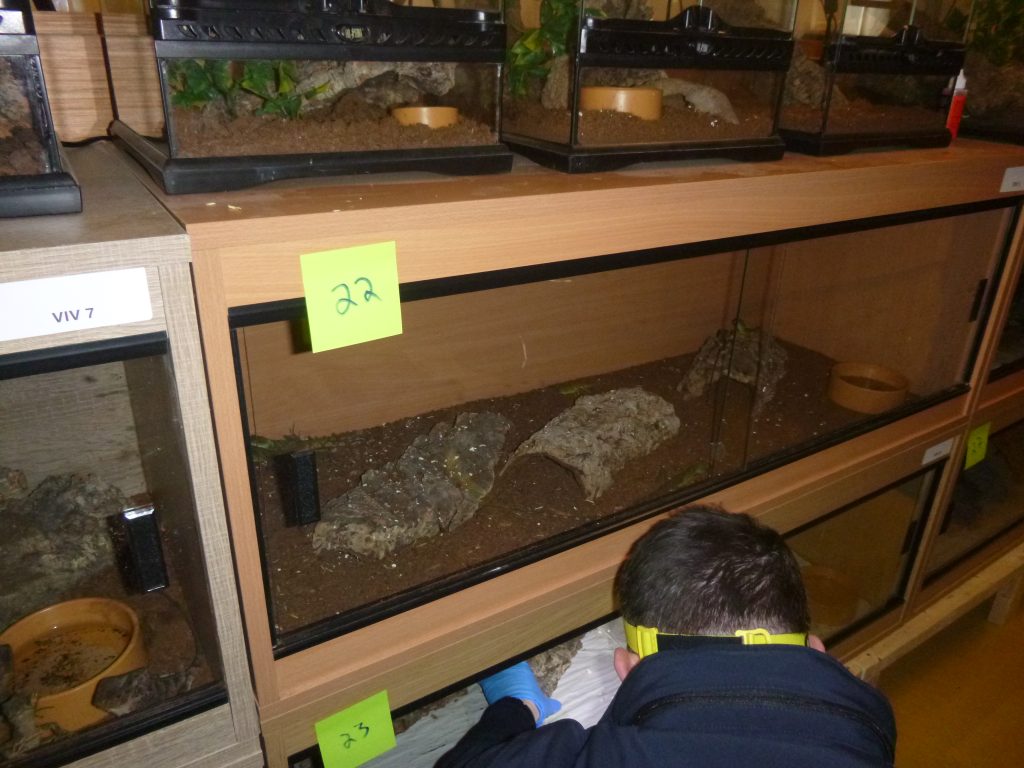
The final defendant, David Neville Johnson, 37, of Manchester, pleaded guilty to nine offences under the Animal Welfare Act, ranging from failing to meet the needs of reptiles and quail to causing unnecessary suffering to 73 Hermann’s tortoises, African grey parrots, and other animals.
On 25 September at Shrewsbury Crown Court, Johnson was handed a 24-week suspended sentence, suspended for 18 months, and disqualified from keeping animals for 16 years.
He was also ordered to complete 125 hours of unpaid work and up to 20 Rehabilitation Activity Requirement days.
A Proceeds of Crime Act hearing for Johnson is set for 5 November.
Among the seized animals were 1,061 leopard geckos, 294 Sulcata tortoises, 18 reticulated pythons, 73 leopard tortoises, 22 rose belly lizards, 14 Chinese water dragons, 47 green basilisks, 10 smooth helmeted iguanas, and many more.
Tragically, 399 animals died or were euthanised due to their poor conditions.
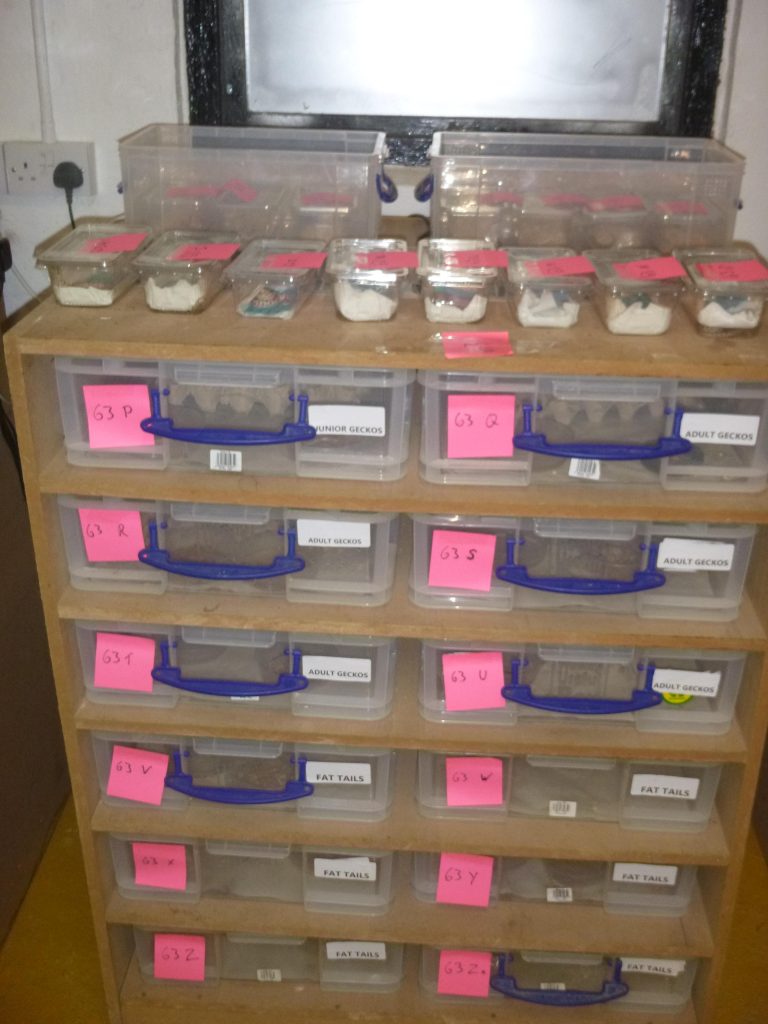
Describing the scene, RSPCA Inspector Kate Parker said: “I could instantly feel that it was cold inside.
“It was cold inside for any animal, let alone reptiles.
“I could see that from the many vivariums, tanks and tables there was not much movement, or immediately evident signs of life, from the animals inside.
“Many of the set ups had equipment, such as heat lamps, designed for the keeping of reptiles, however the plugs were not plugged in, or the switches were off.
“From my initial observations, I saw some skeletons, decayed animals in vivs, dead tortoises and also some upside down tortoises.
“I was surprised by the low temperatures. Equipment including bulbs, strip lights and UV lights were of standard type, however they were not turned on, and some plugs removed from sockets themselves.”
She also found two African grey parrots in a cage too small for their size, filthy and without clean water, and 15 quail cramped in tiny enclosures with no food or water.
A juvenile monitor lizard and crested gecko were found cold, thin, and without food.
The 73 Hermann’s tortoises at Newport were stacked in boxes, barely moving and dehydrated.
RSPCA Lead Exotics Officer Kim Greaves said: “This case was certainly one of the biggest exotics cases I’ve seen as an Inspector.
“There were dead and dying animals and it was incredibly sad to see such beautiful animals in these conditions.
“These animals were then sold on to unsuspecting individuals and the pet trade, who probably had no clue they were being kept like this.
“This was a complex and distressing operation involving around 30 RSPCA officers – including six exotic officers – along with two vets who were exotic specialists.
“I was very proud of the exotic officers, and indeed all the Inspectorate as it was a gruelling day but everyone worked hard to achieve and secure the best outcome.
“A personal thank you to Phil Hamilton from the RSPCA’s veterinary team whose work on the day was invaluable helping to arrange places for the animals to go.”
RSPCA Chief Inspector William Mitchell added: “This was a massive operation for the RSPCA and I would like to thank the many rescue officers and Inspectors who worked tirelessly on rescuing these animals, as well as the vets and exotics specialists who took on these animals for boarding at short notice.
“Exotic animals have very specific needs… reptiles may look resilient but they are completely reliant on their owners to provide the correct environment, including heating, lighting and an appropriate diet. Without proper care they become ill or suffer and, in severe cases, die.
“We would like to thank West Mercia Police, National Wildlife Crime Unit, Telford and Wrekin Council and the private exotic vets for their support and expertise on this case.”
Most rescued animals went into private boarding arranged by the RSPCA and were later rehomed. Others went to RSPCA Brighton and RSPCA Stubbington Ark, including nearly 400 animals at RSPCA Reptile Rescue in Brighton.
Three other defendants have already been sentenced in connection with the case.
